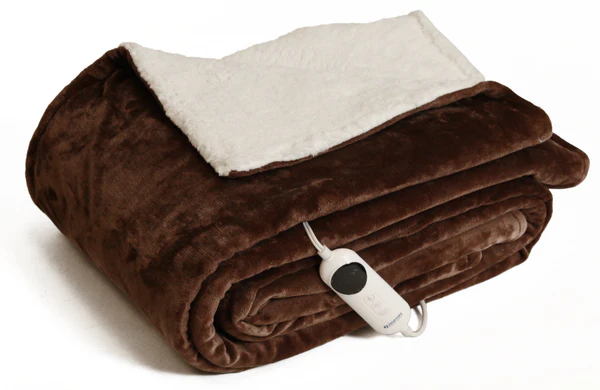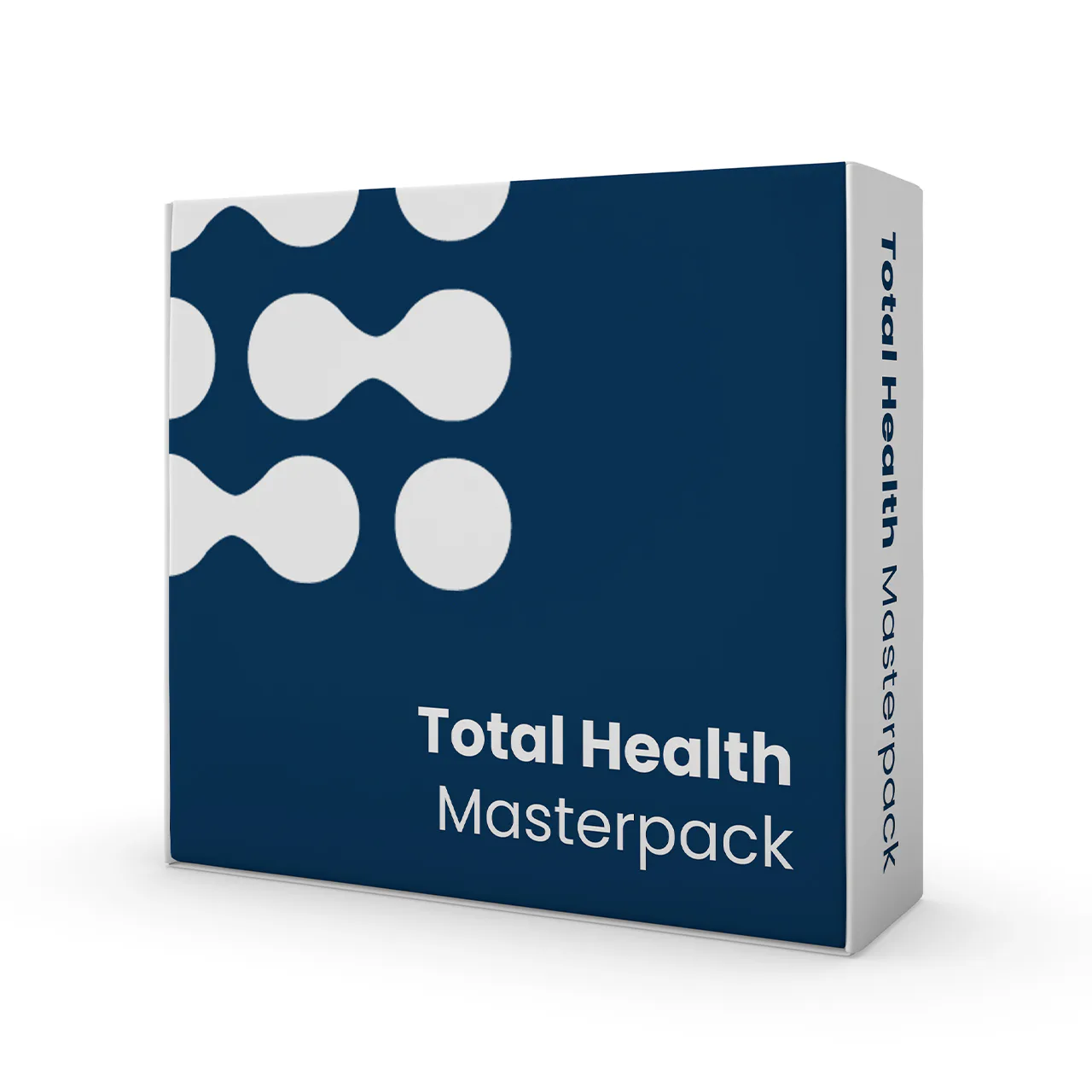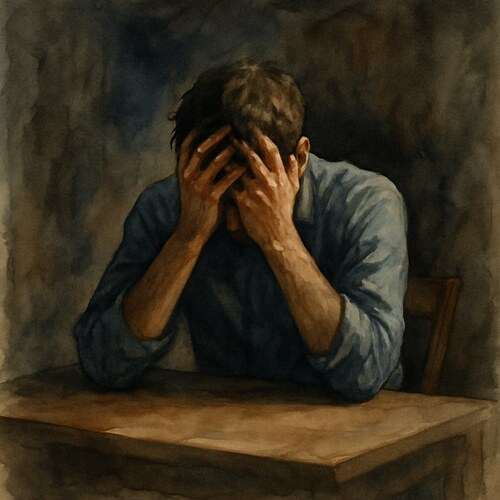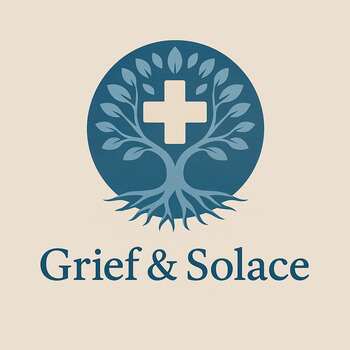Grieving Hormonal Disorders: Mourning the Body’s Silent Rebellion
Grief with hormonal disorders (Hypopituitarism) weaves through every unexplainable change, watching someone lose their energy, their dreams, and sometimes even themselves.
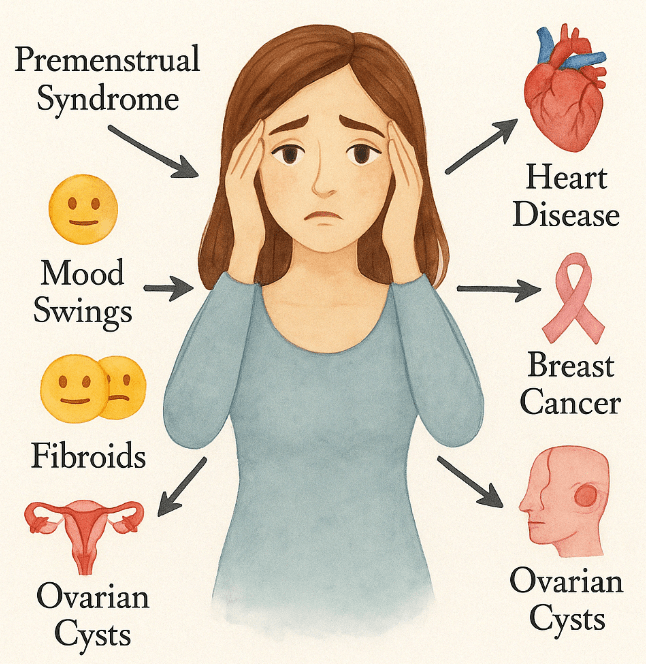
This post blends real grief with grounded knowledge. It isn’t clinical. It isn’t distant. It’s meant to sit beside you—not above you. The story you’ll read is meant to reflect what so many feel when living through or witnessing this condition: confusion, exhaustion, and quiet forms of courage.
If what you read feels familiar, please speak with your doctor. Your pain deserves more than silence.
Her Body Changed Faster Than Her Spirit Could Keep Up
At first, it was subtle.
She began wearing cardigans in the summer and stopped wearing makeup, not because she didn’t care, but because her skin changed, becoming dry and unpredictable. She told me she was simply tired, claiming that stress messes with everything. I believed her.
But then her hair started thinning. She bruised more easily. She cried more frequently. She stopped singing in the car.
Her voice didn’t merely quiet; it diminished. It was as if some vital part of her was being pulled away by a thread, slowly, without her consent.
Doctors suggested it might be anxiety. Maybe it was early menopause. Perhaps she needed more iron, more sleep, more self-care. But she was already doing everything right.
We didn’t have a name for it yet…just changes.
Symptoms:
acth_deficiency:
Severe fatigue
Low blood pressure
Recurrent infections
Nausea, vomiting, abdominal pain
Confusion
🧠 Symptoms:
Gradual or sudden onset
Vary based on which hormone(s) are deficient
growth_hormone_deficiency:
In children: growth delay, short stature
In adults: fatigue, muscle weakness, fat redistribution, social withdrawal
gonadotropin_deficiency (LH/FSH):
Infertility
Decreased libido
Erectile dysfunction
Hot flashes
Irregular or absent periods
Loss of pubic or body hair
Mood changes
tsh_deficiency:
Hypothyroidism
Fatigue, weight gain
Cold sensitivity
Dry skin, constipation
Symptoms:
adh_deficiency:
Diabetes insipidus
Excessive urination
Extreme thirst
Electrolyte imbalances
prolactin_deficiency:
Inability to breastfeed postpartum
Her periods disappeared. Her libido flatlined. Her weight shifted in ways that didn’t correspond with what she ate or how she moved. She went to the gym, but her muscles ached for days afterward. She tried to meditate, but her mind remained foggy—like someone had pulled gauze over the inside of her skull.
Eventually, someone conducted a hormone panel. Then an MRI. Then the word: Hypopituitarism.
She had never heard of it. Neither had I.
The pituitary gland, a tiny thing the size of a pea…was failing her. It controlled everything without fanfare: growth, reproduction, metabolism, energy, and balance. It whispered to the rest of her body, and now? The whisper was gone. And her body… had stopped listening.
It wasn’t just one hormone; it was many. Each needed a different replacement, a different dosage, and a different warning label.
She cried when she realized this was a lifelong commitment. Not because she couldn’t handle it, but because no one had caught it sooner.
Complications:
Infertility
Adrenal crisis (potentially life-threatening)
Poor growth or delayed puberty
Fatigue and muscle loss
Low bone density or osteoporosis
Social withdrawal or depression
Risk of acute pituitary apoplexy (medical emergency)
Causes:
Pituitary tumors (most common)
Brain surgery or head trauma
Radiation therapy to brain or neck
Stroke or hemorrhage
Autoimmune inflammation (hypophysitis)
Infections (e.g., meningitis, tuberculosis, syphilis)
Genetic mutations affecting pituitary function
Sheehan syndrome (postpartum pituitary damage)
Hypothalamic disorders (impairing signal to pituitary)
Unknown in some cases
Years spent being told “You’re just hormonal” or “You need more rest” while her system quietly unraveled behind her eyes.
Some days she feels better. The medication helps. Her hair thickens, her sleep deepens, and her voice starts to carry again. But other days? Stress knocks her flat. A cold can lead to a two-week setback. There’s always a quiet panic that her body might spiral again without warning.
She wears a medical alert bracelet now, keeps a steroid injection kit in her purse, and tracks her symptoms in a journal like a detective hunting a ghost.
And me? I just try to keep up, to listen, to believe her before the test results do. I hold space for the woman she’s becoming, one lab value, one adjustment, one small triumph at a time.
She didn’t lose herself. But there was grief…grief for the old rhythm, grief for a body she used to trust without question.
Her hormones broke the silence first…but it was her spirit, resilient and slow-burning, that answered back.
Risk Factors:
History of head trauma or neurosurgery
Radiation to brain/neck
Inflammatory or infiltrative diseases
Family history of hormonal or pituitary disorders
Significant childbirth complications
📘 Diagnosis & Treatment
diagnosis:
Blood tests for hormone levels (pituitary and downstream targets)
Stimulation/dynamic hormone tests
MRI or CT scan of the brain to identify pituitary tumors or structural abnormalities
Genetic testing if hereditary cause is suspected
treatment:
hormone_replacement:
Cortisol: hydrocortisone, prednisone
Thyroid: levothyroxine
Sex hormones: testosterone (men), estrogen/progesterone (women)
Growth hormone (GH): somatropin
Fertility hormones: gonadotropins for ovulation or sperm production
tumor_management:
Surgery (if tumor is causing hypopituitarism)
Radiation therapy for inoperable or residual tumors
Monitoring for regrowth
ongoing_monitoring:
Endocrinologist management
Dose adjustments during stress, illness, surgery, pregnancy
Wear medical alert ID for cortisol replacement patients
prevention:
Prevent trauma and treat infections early
Monitor at-risk patients post-surgery or radiation
Early intervention for childbirth complications
I know this is heavy, and I understand that the road ahead may feel like a tangle of loss and unanswered questions. But please hear this: you are not broken because you are hurting; you are not weak because you are afraid. You are living through something real, and survival itself is a kind of grace. You are allowed to struggle, you are allowed to hope, and you are allowed to not have all the answers today. Whatever comes next, you do not face it empty-handed; you carry every moment of love that shaped you, and that will always be enough to keep going.
🎀 Gifts to help With Hormonal Disorders
🏥 Everyday Comforts for Everyday Battles
Managing Hormonal Disorders often means needing a little extra help.
Sometimes it’s about restoring dignity, ease, or simply getting through the day with less pain.
These carefully chosen tools aren’t just items; they’re small bridges back to living.
This section is about finding practical support, never shame.
Electric Heated Blanket – Warmth for a Body That Forgot How to Regulate
When the pituitary falters, body temperature often drops. Cold intolerance becomes constant. This electric heated blanket offers adjustable warmth to support daily comfort when the body can’t generate its own. Soft, machine-washable, and reliable—because feeling human again sometimes starts with feeling warm.
🌿 Paths to Healing Beyond the Map
Sometimes traditional medicine isn’t enough.
If you’re exploring gentle, alternative options to help with Hormonal Disorders,
you might find comfort in plant-based compounds like **CBD or CBG**.
*This section is not medical advice, just a door left open.*
USA Medical Total Support Pack – Gentle Boost for a Body That’s Missing Its Messenger
With hypopituitarism, signals go quiet—energy, metabolism, stress response, and mood all fall out of rhythm. This Total Pack blends CBD, adaptogens, and restorative support to help ease systemic fatigue and emotional depletion. It won’t replace hormones. But it may help hold the body steady between the gaps.
Need a Different Path Forward?
Every journey through grief looks different. Choose the next step that speaks to where you are now:
When You're Ready to Start Healing
Healing doesn’t mean forgetting.
It means finding small ways to carry your grief with strength and grace.
These are the stories, tools, and gentle steps to begin walking forward…at your own pace.
When You're Still in the Thick of It
Sometimes healing feels like a lie.
If you’re not ready to move on…if the pain still roars louder than the world wants to hear…this is the place where you’re allowed to feel it.
No sugarcoating. No pretending. Just truth.
When You're Holding on to Who’s Still Here
Grief reminds us to love louder.
If someone you love is still with you, this is your place to celebrate them, honor them, and create new memories while there’s still time.
Joy and sorrow can live side by side.

